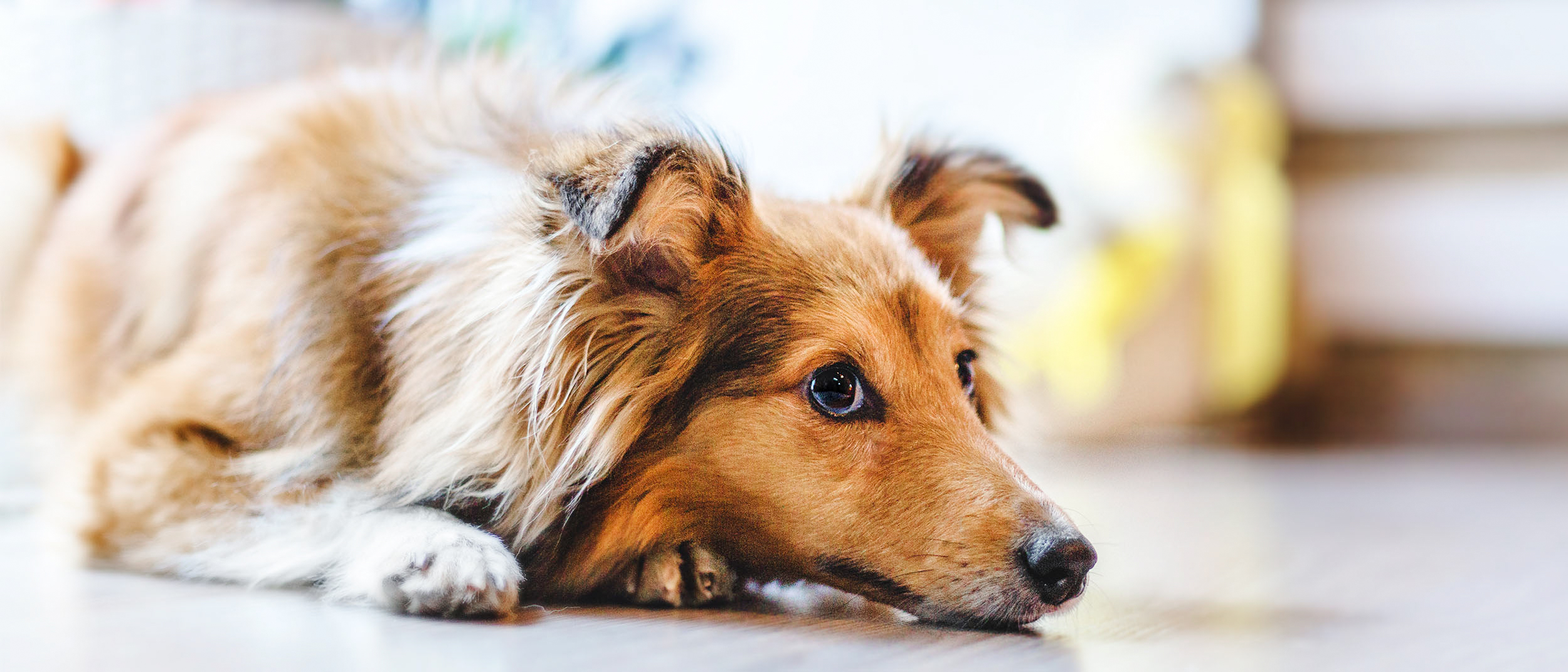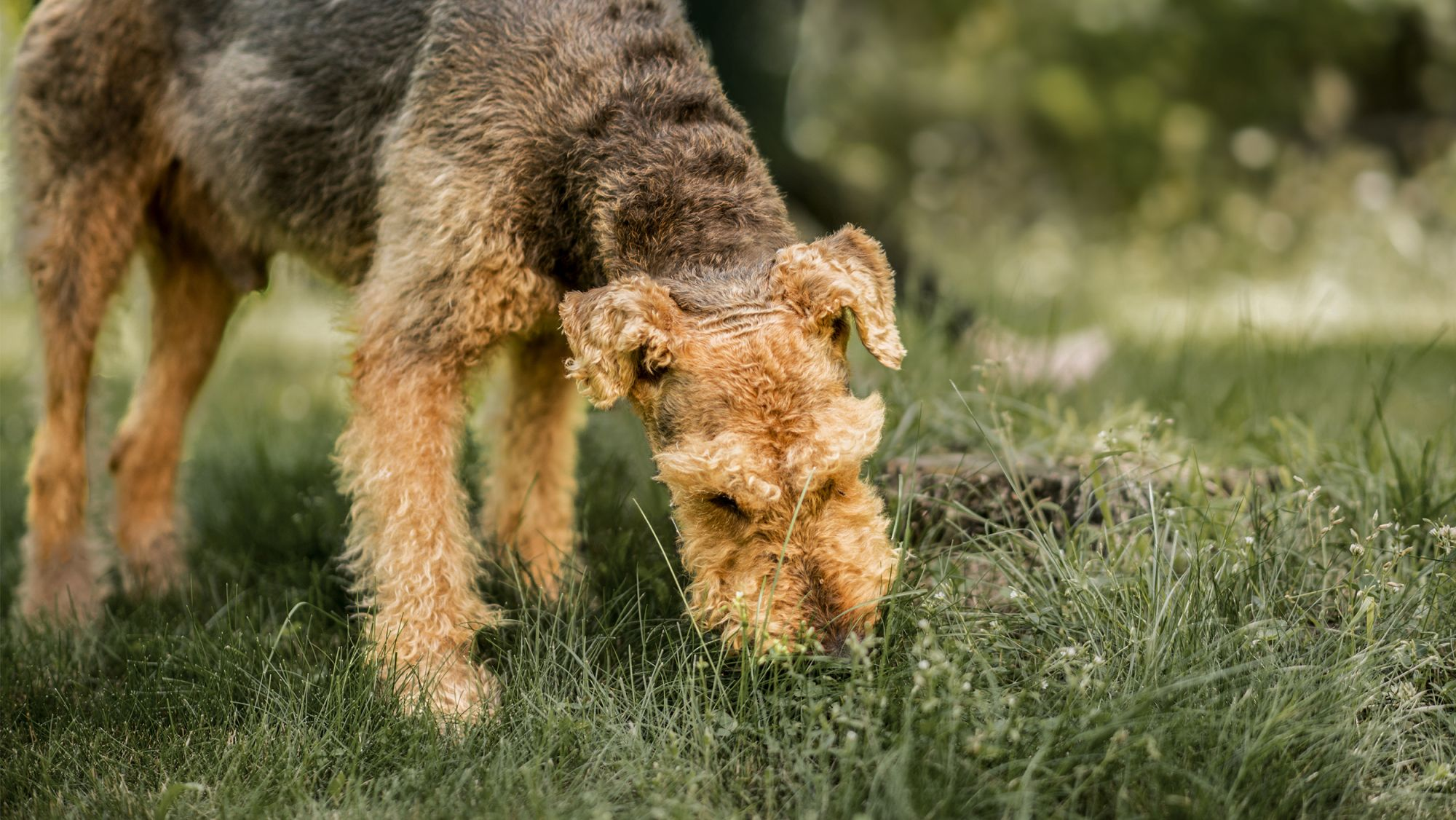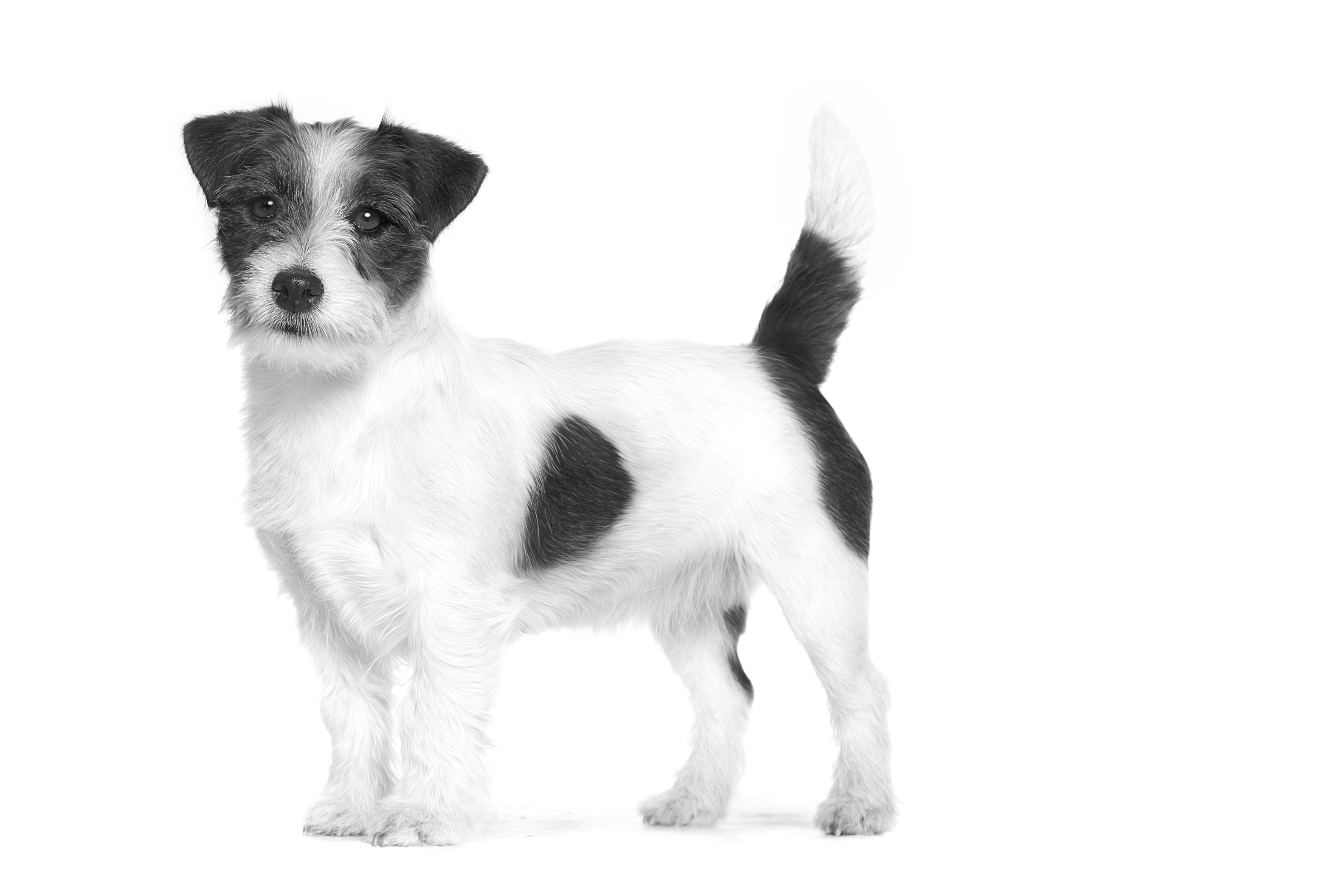10 toxic foods you shouldn't give your dog

It’s well-known to many dog owners that chocolate can cause serious problems for dogs. However, there are a number of common foods you’re likely to have in your home which can cause serious problems for your pet. There may be other household foods and items that you should not give your dog, so please consult with your veterinarian prior to giving your dog anything in addition to their regular food.
Artificial sweetener
Xylitol is an artificial sweetener found in chewing gum, sugar-free peanut butter, toothpaste and other products, and is derived from hardwood trees. Excessive consumption of xylitol can cause bloating, flatulence and diarrhoea in humans – but for dogs, xylitol is toxic. It’s important to keep products containing xylitol away from where your dog can eat them, even accidentally.
Alcohol
Unlike in humans, dogs’ kidneys can’t process alcohol effectively which can cause them medical problems. Fresh, clean water is always best for your dog.
Avocados
It’s not the flesh of an avocado, but the pit, skin and leaves which can cause harm to your dog. These contain a substance called persin, which causes vomiting and diarrhoea.
Caffeine
While caffeine is not toxic to dogs, it does have the same effect on them as humans – and because they are more sensitive to these effects, it can be very unpleasant and uncomfortable for them. If your dog consumes even a small amount of caffeine, they may become hyperactive or start to have tremors.
Chocolate
It’s well-documented that chocolate is highly toxic to dogs. This is because it contains theobromine, a stimulant which interrupts your dog’s metabolic processes. Dark chocolate and baking chocolate is particularly high in theobromine, making it even more dangerous for dogs. Depending on the amount they have consumed, a dog might suffer with an upset stomach, heart problems, seizures or even death.

Fried and fatty foods
Just as fried and fatty foods can be bad for people, they can also be bad for dogs. High-fat foods can cause your dog to have stomach upsets and can also contribute to pancreatitis in some dogs. Plus, regular consumption of these types of food can lead to obesity and related health problems.
Garlic and onions
Many people regularly cook with onion and garlic, but for dogs these staple ingredients are toxic. Whether the garlic and onions are cooked or raw, if your dog eats these it can damage their red blood cells, which can then result in anaemia.
Grapes and raisins
These fruits are healthy enough for humans but are toxic for dogs. Grapes and raisins have a dramatic effect on your dog’s health, and can lead to acute and sudden kidney failure.
Nuts
While they may seem healthy, avoid giving your dog any nuts to eat. Their size makes them a choking hazard, and they are high in fat which can trigger an upset stomach in your pet. In particular, macadamia nuts have been shown to be highly poisonous to dogs – although they tend not to result in fatalities, they can cause your dog to suffer from an inability to walk, vomiting, lethargy and tremors.
Milk, cream and cheese
As dogs grow into adulthood, their ability to digest dairy products decreases as they lack the enzymes to do so. This means they can exhibit signs of lactose intolerance if they eat milk, cream or cheese, such as vomiting, diarrhoea, and an upset stomach.
If you think your dog may have eaten something it shouldn’t have done, it’s crucial to get advice from your vet immediately. You should also keep these toxic foods out of reach of your dog to ensure they only eat what’s best for them.
Related Articles

Find a vet
If you have any concerns about your dog’s health, consult a vet for professional advice.
Like & share this page